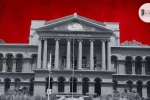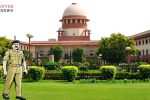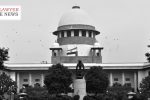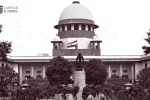“Valid LMV License Suffices for Transport Vehicles” – Madhya Pradesh High Court Upholds Tribunal’s Decision in ICICI Lombard Case
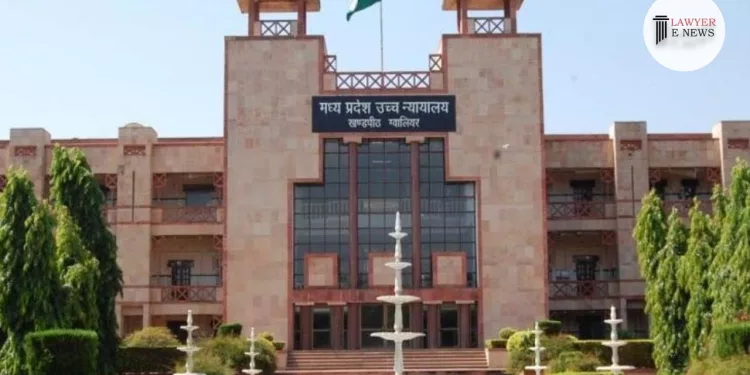
In a landmark judgment, the Madhya Pradesh High Court (Gwalior Bench) affirmed the validity of a Light Motor Vehicle (LMV) license for driving transport vehicles, setting a precedent that aligns with the Apex Court’s decision in the Mukund Dewangan case. The judgment was delivered by Justice Sunita Yadav in the appeal case filed by ICICI Lombard Motor Insurance Co. Ltd. against the award dated July 22, 2009, by the Motor Accident Claims Tribunal, Gwalior.
The dispute centered around a compensation claim following the death of Sonu @ Shankar Pratap Singh Jadoun in a road traffic accident. The deceased’s family had filed a claim against the driver and owner of the offending vehicle, and the insurance company. The insurance company challenged the claim, arguing that the driver’s license was not valid for the vehicle type involved in the accident.
Justice Sunita Yadav, in her ruling, referenced the Supreme Court’s verdict in Mukund Dewangan vs. Oriental Company Limited, stating, “if a driver is holding a license to drive a light motor vehicle, he can drive a transport vehicle of such class without any endorsement to that effect.” This observation underlines a significant clarification in the interpretation of motor vehicle licensing laws.
The court also deliberated on the compensation amount. It was contested by the insurance company on the grounds of incorrect dependency calculation, as the deceased was unmarried. The court upheld the Claims Tribunal’s decision, agreeing that the dependency should be calculated at 1/2, citing the Sarla Verma Vs. DTC case as precedent.
The final compensation, which initially stood at Rs. 1,96,912, was enhanced to Rs. 2,86,412, following the court’s assessment of the annual income of the deceased, medical expenses incurred, and prospects of future income.
This decision marks a significant moment in the interpretation of motor vehicle and insurance laws, potentially impacting numerous cases involving similar circumstances. The High Court’s ruling provides clarity on the scope of valid driving licenses, particularly concerning transport vehicles, and sets a benchmark for future compensation claims in road traffic accidents.
Date of Decided on: 21-03-2024
ICICI LOMBARD MOTOR INSURANCE CO. LTD. Vs. GOPAL SINGH AND OTHERS

